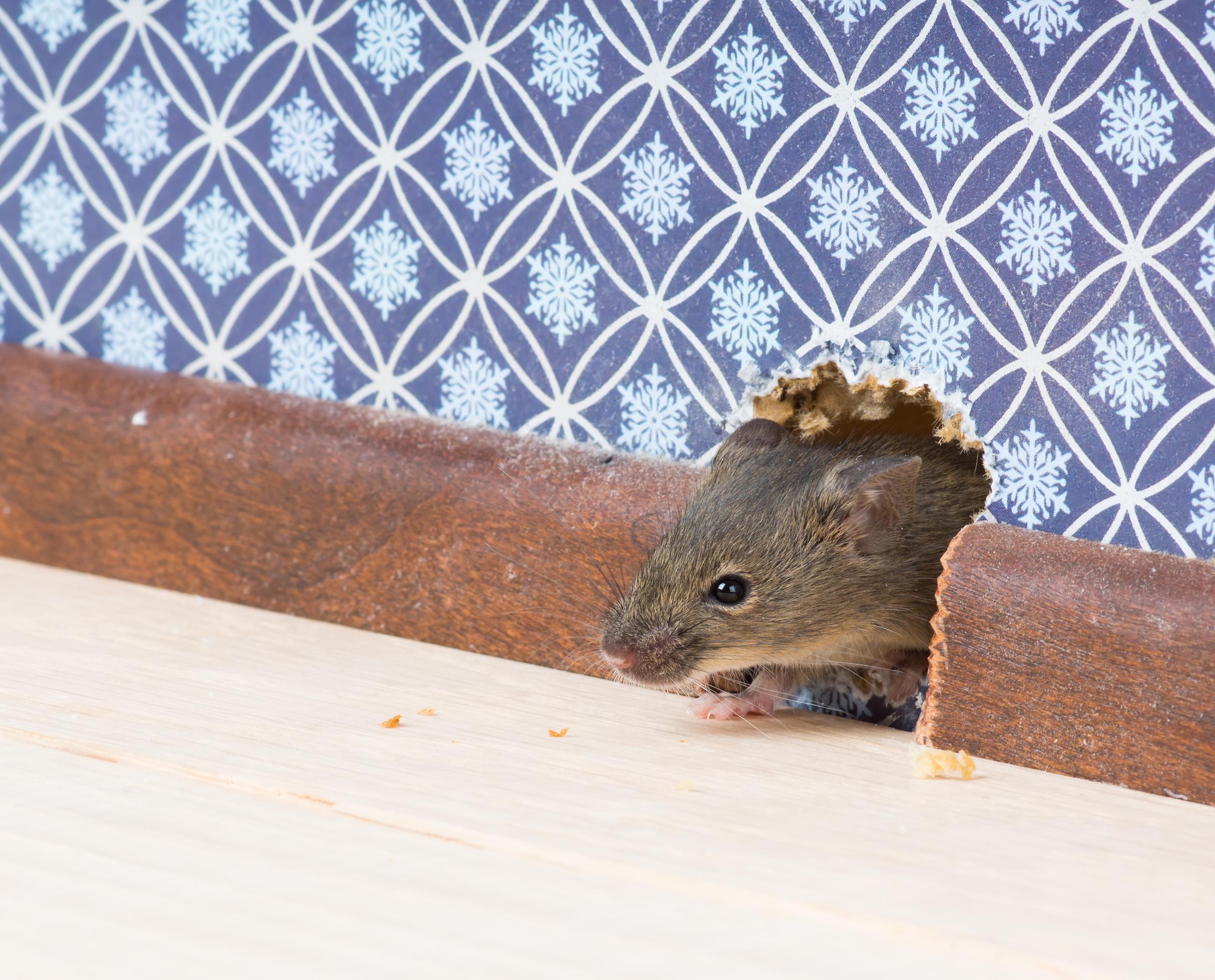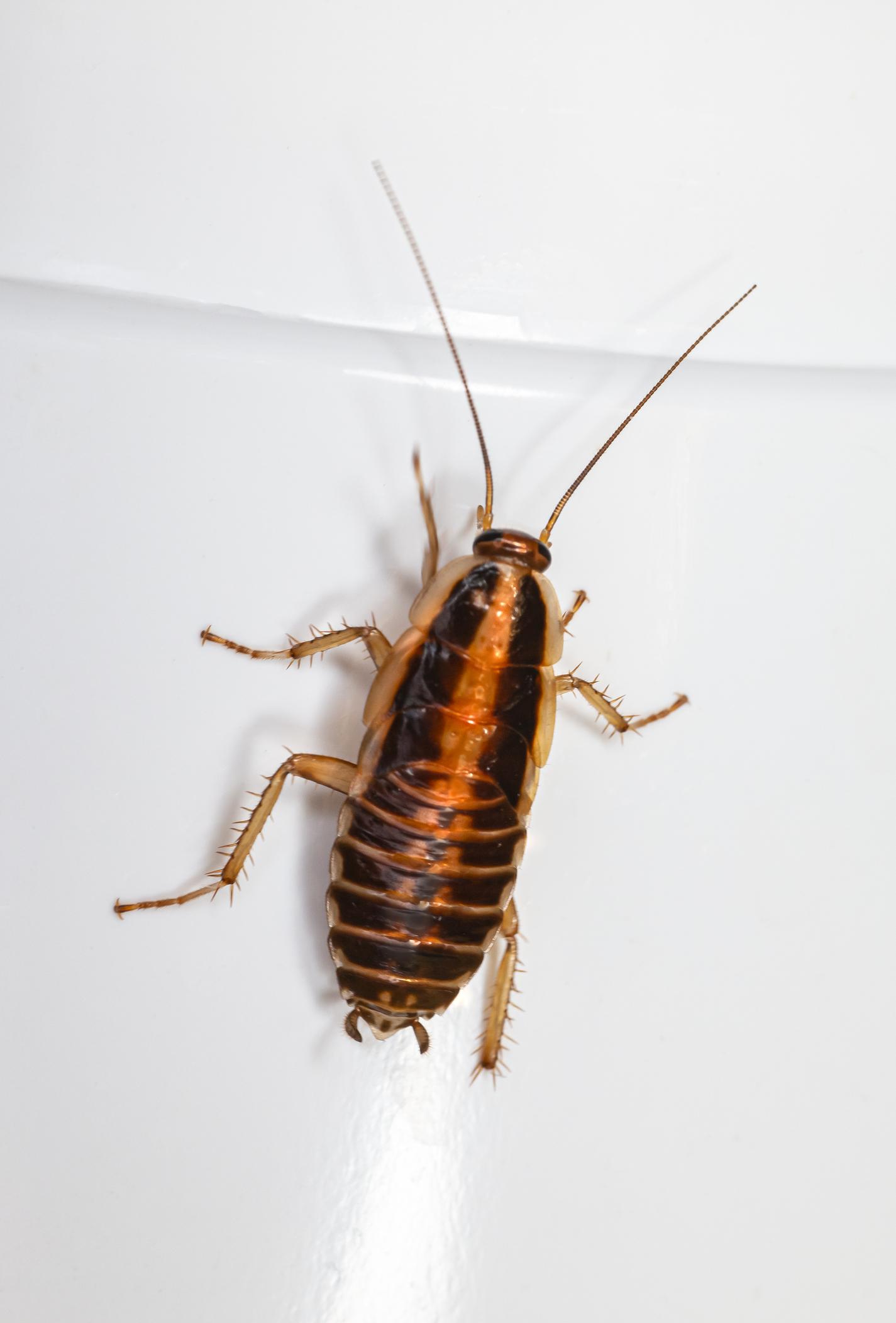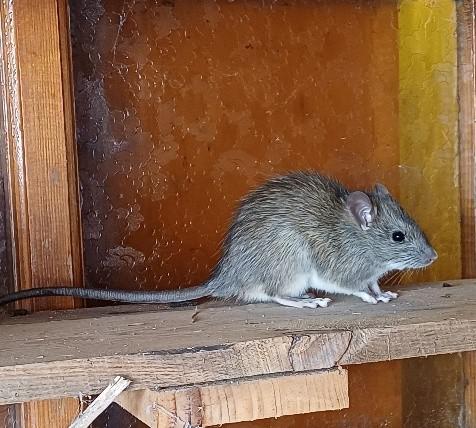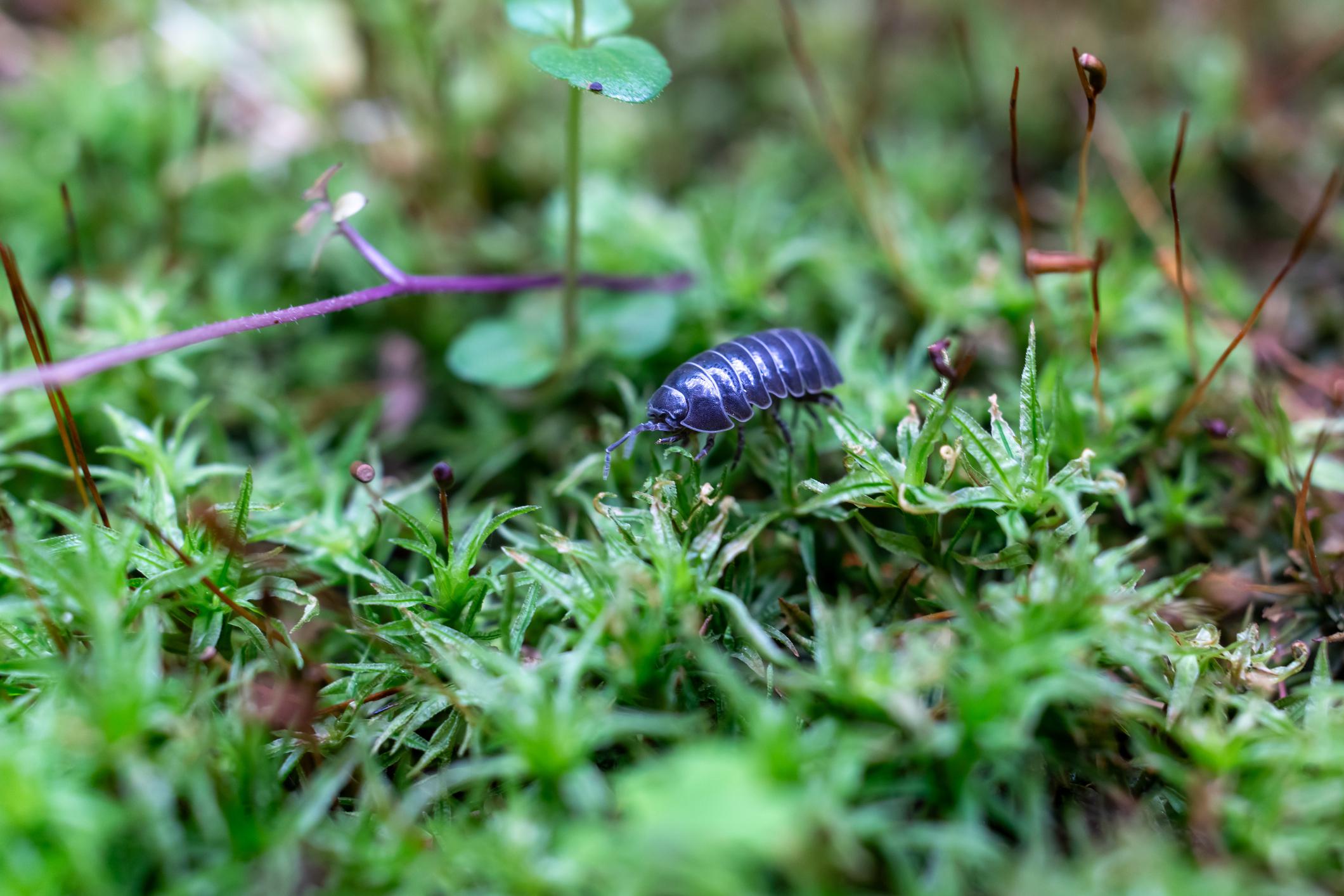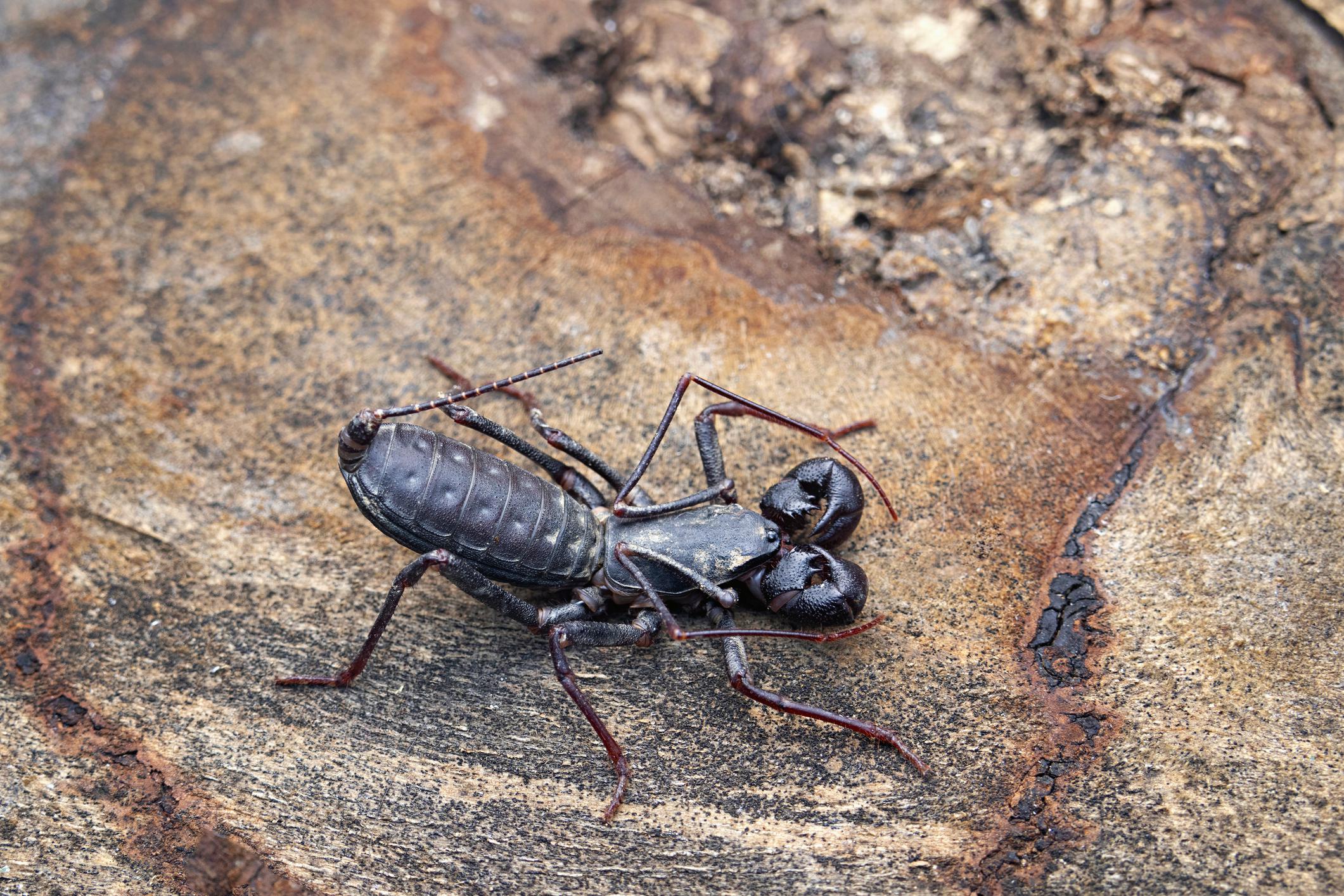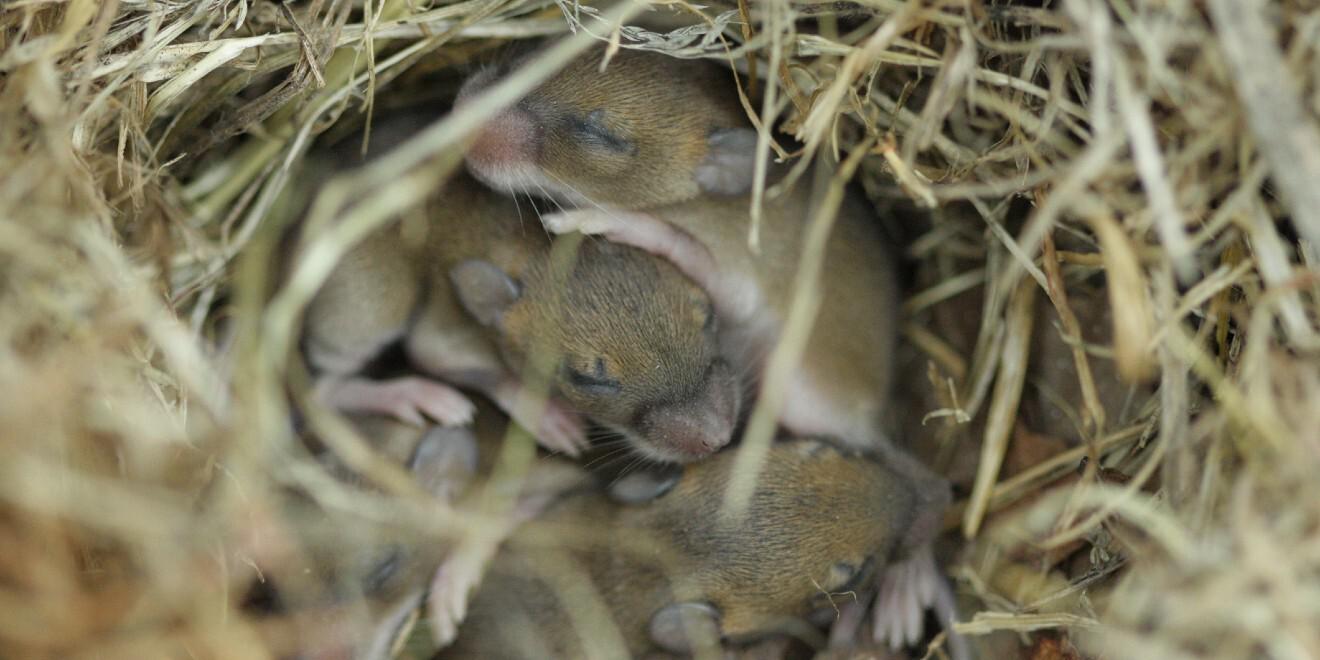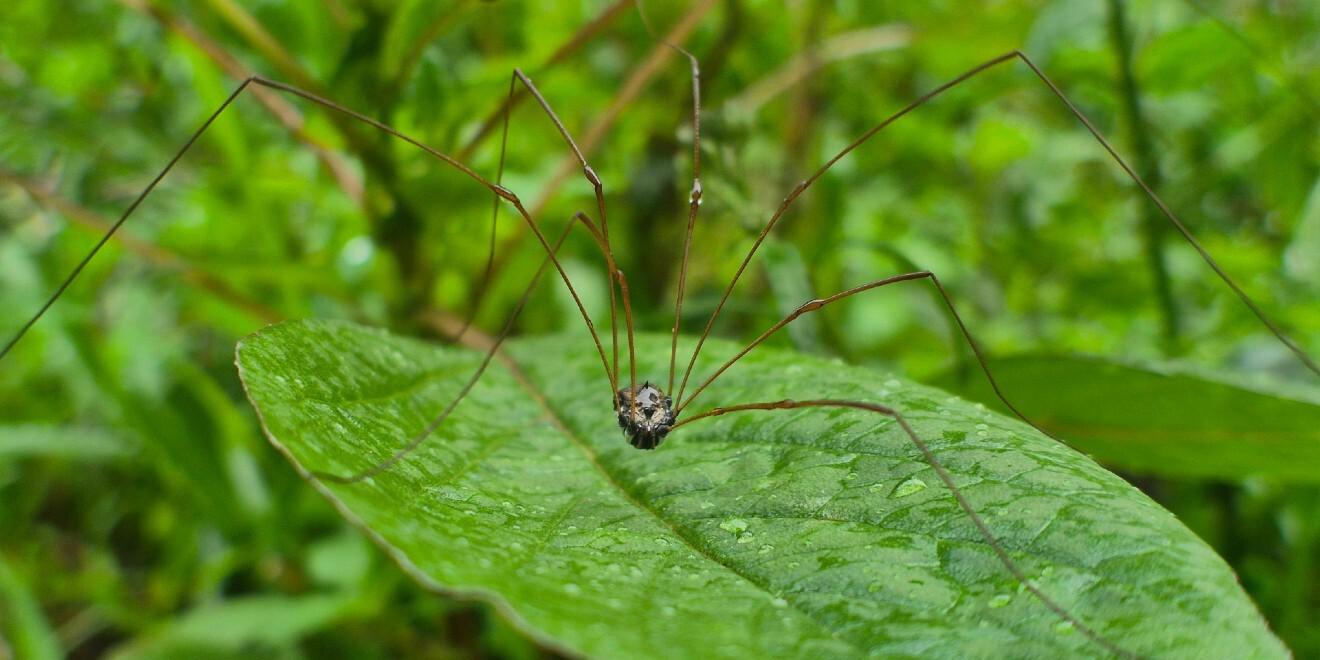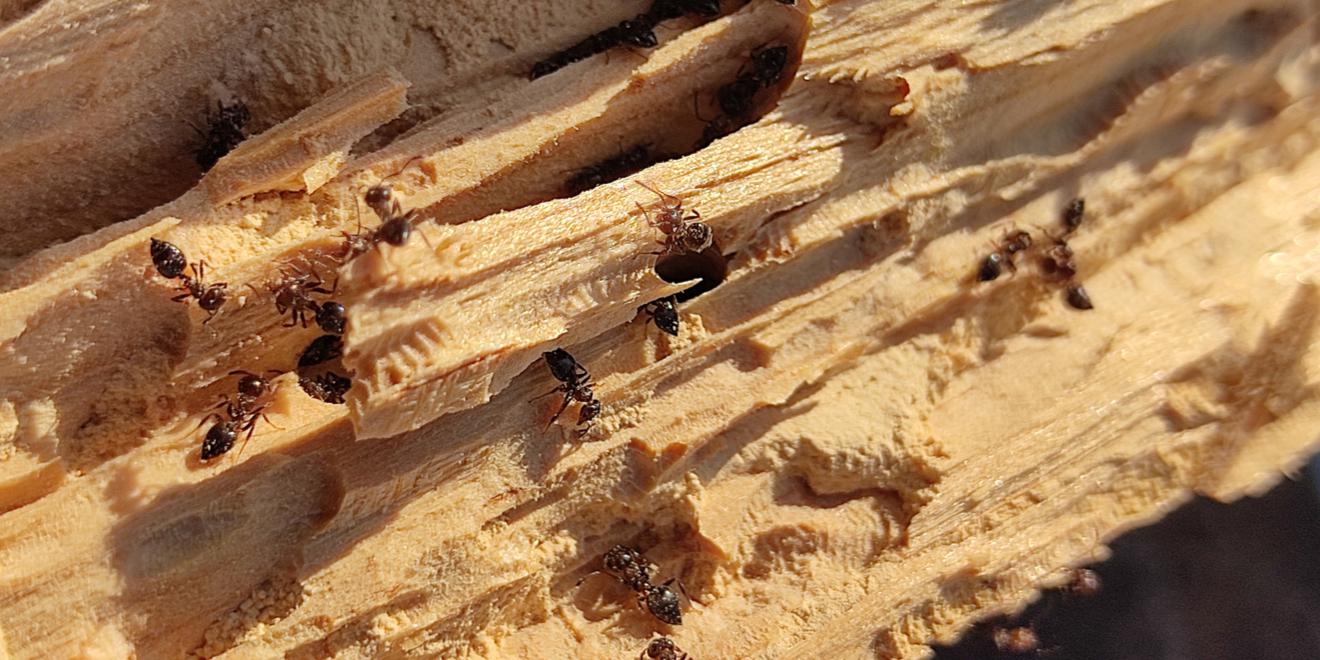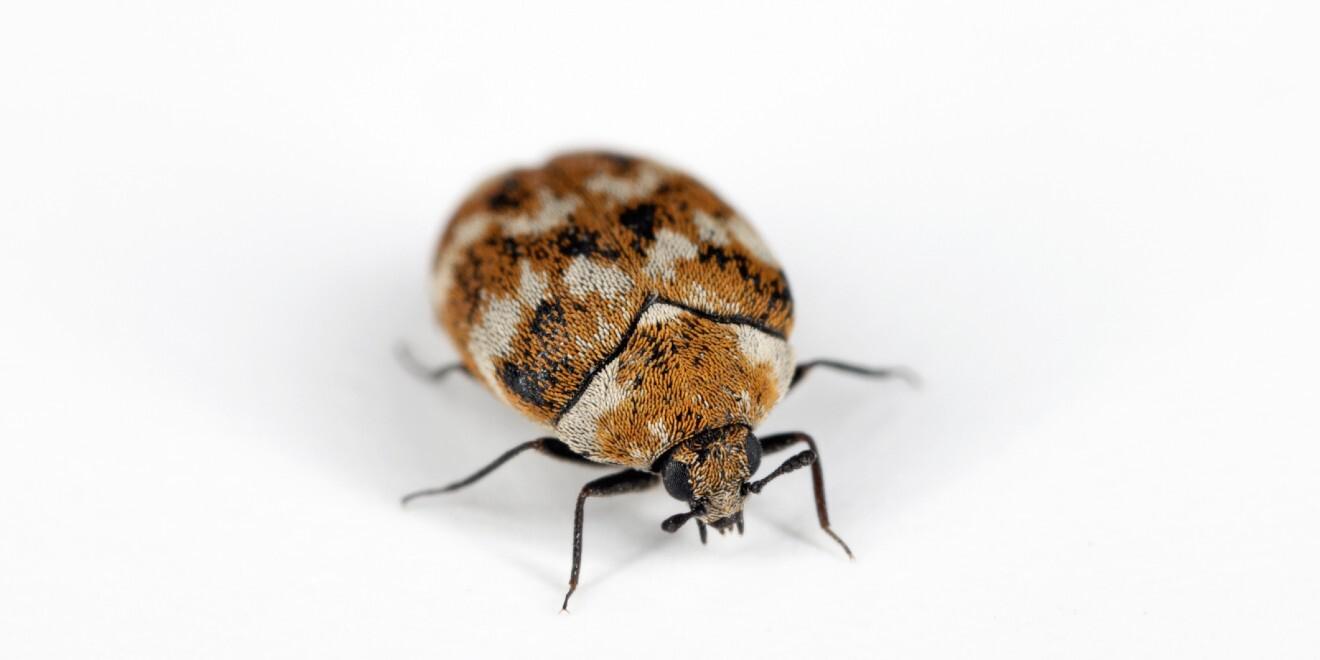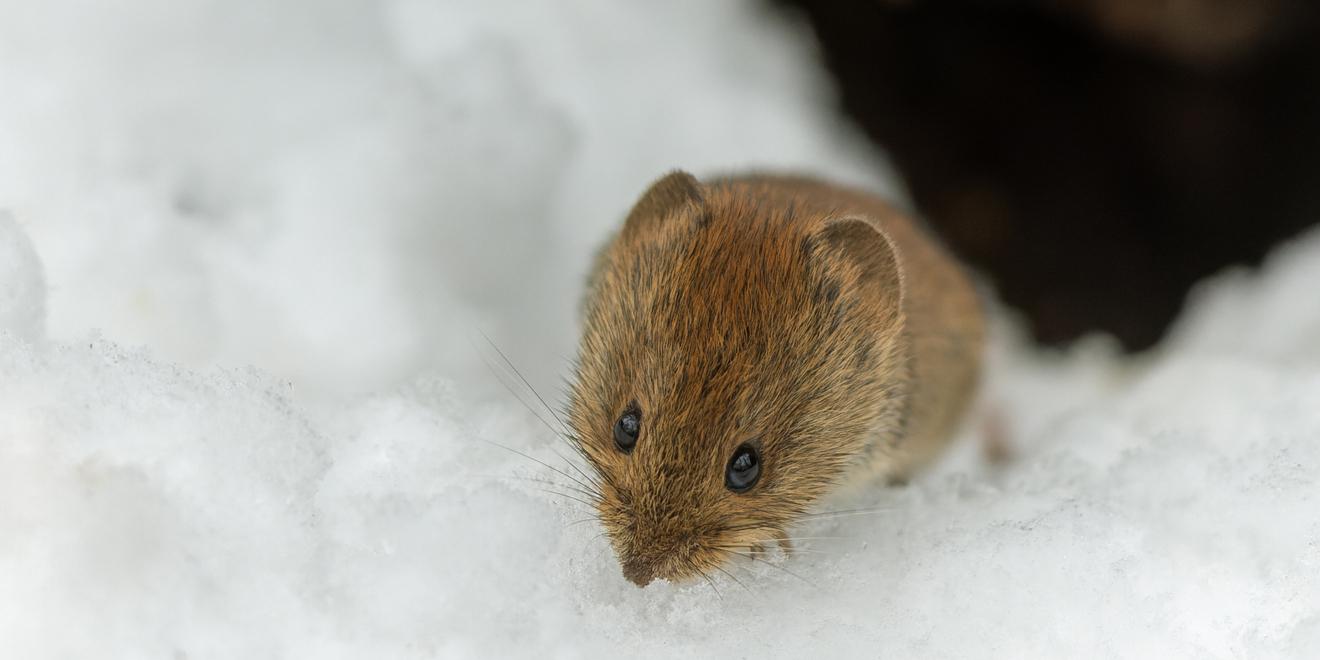What Raleigh Residents Should Know About Lone Star Ticks
Posted by Mosquito Squad
July 23, 2025
The lone star tick is one of the more aggressive tick species found in the southeastern United States, and its presence is becoming more common in Wake County and throughout the Raleigh area. Known for the distinct white dot on the back of adult females, this tick is not only fast-moving but increasingly associated with a range of health concerns. With their growing activity, especially in wooded or brushy suburban neighborhoods, tick control in Raleigh has become an important step for homeowners who want to stay ahead of tick season.
A Different Kind of Tick
Unlike the blacklegged tick, which often waits motionless for a host to brush past, the lone star tick actively seeks out warm-blooded animals, and they can travel several yards in search of a host. These ticks thrive in thick vegetation, leaf litter, and along woodland borders—exactly the type of environment common in many Raleigh backyards. Mosquito Squad of Raleigh’s tick treatments are carefully timed to address seasonal trends, reducing tick populations before they can become a problem and ruin your summer fun.
Lone star ticks feed on a wide range of hosts, from deer and birds to domestic pets and people. Because they are so mobile and not limited to one type of host, they are excellent at spreading from one yard to another. This makes consistent treatment even more important, especially in neighborhoods near parks, wooded trails, or creeks.
The Danger of Lone Star Ticks
While lone star ticks do not transmit Lyme disease, they are linked to several other serious health issues. Most notably, they are the primary culprits in cases of Alpha-Gal Syndrome, a condition in which people develop a delayed allergic reaction to red meat. This condition is lifelong and requires dietary changes to avoid flare-ups. Lone star ticks can also transmit ehrlichiosis, a bacterial illness that leads to fever, muscle aches, and gastrointestinal distress. Without early treatment, it can become severe, especially in children and older adults.
Pets are also at risk. Dogs and cats that roam through tick-prone areas can pick up lone star ticks, leading to skin irritation, infections, or even more serious complications. Regular yard treatments, paired with veterinarian-recommended tick prevention, can offer a more complete defense. Our Raleigh tick control service targets the parts of your yard where ticks are most likely to be hiding and breeding, helping you reduce the likelihood of contact.
What You Can Do to Minimize Tick Encounters
Preventing lone star tick bites begins with reducing their presence on your property. That includes keeping grass trimmed short, removing piles of leaves or brush, and trimming back overgrown shrubs. Creating a clear boundary between your yard and any nearby woods can also be helpful – use mulch or gravel for the best results.
Starting early in the season gives your yard the best chance to remain tick-resistant throughout the warmer months. By targeting areas where ticks breed—such as shaded fence lines, tall grass, and woodpiles—our treatments help interrupt the lifecycle and reduce the risk of infestation. And because our services are customized to each property, you’ll get a treatment plan tailored to your yard’s layout and vegetation.
Mosquito Squad of Raleigh Can Help
If you’re ready to put a plan in place, contact Mosquito Squad of Raleigh today. Our team is here to answer your questions, assess your property, and recommend a tick treatment strategy that works with your schedule and lifestyle.

